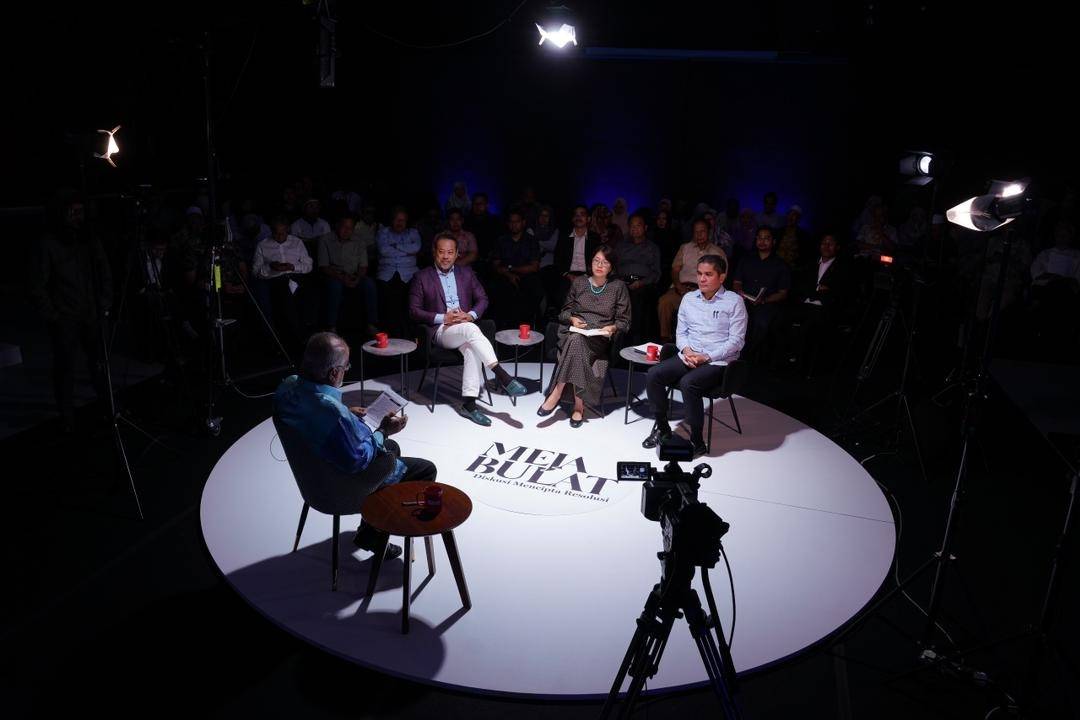Education policy should not change with each new minister - Expert
The education system should embrace Malaysia's democratic practices.

SHAH ALAM – The national education system should not have to contend with changes in policy each time a new minister is appointed.
Instead, University of Nottingham Malaysia School of Politics and International Relations Associate Professor Dr Tricia Yeoh suggested that the education system should embrace Malaysia's democratic practices.
"Actually, I believe that primary and secondary schools still lack exposure to democracy, national policies, elections, the federal constitution and so forth.
“These topics should be taught as part of the students' learning exposure. It’s not just parents who should understand democracy; students also need to be educated on it,” she said.
This issue was debated during a roundtable discussion titled ‘Creating Resolutions: The Malaysian Education System After 60 Years, Where Did It Go Wrong?’ streamed on Sinar Harian’s news portal on Monday.
Addressing Educational Disparities
Responding to questions on how to bridge educational gaps, Yeoh explained that it could be tackled through teachers’ delivery methods.
She said that the curriculum and textbooks used in Malaysian educational institutions have already reached an adequate standard.
“In this matter, it’s not just about the curriculum but rather the teaching approach. Teachers need to find more creative ways to deliver lessons,” she added.
Meanwhile, she raised concern over the relatively high teacher absenteeism rate in Malaysian schools compared to other Southeast Asian countries.
She said the issue was due to challenges within the education system rather than personal issues of the teachers.
“This absenteeism may not be the fault of the teachers, as they often have external duties, such as attending courses.
“That said, we cannot blame the courses and training since they allow teachers to improve themselves and their teaching methods,” she remarked.










